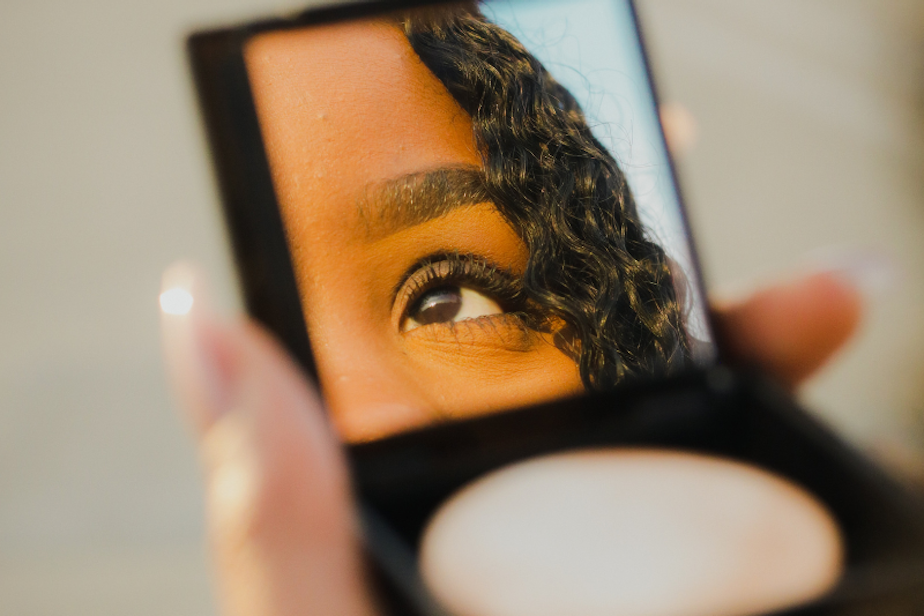Lead or formaldehyde in your makeup? WA lawmakers want to eliminate them

Some lipsticks and foundations sold in Washington state contain lead, and some body lotions and hair products contain formaldehyde, according to the state ecology department. Lawmakers in Washington state want to change that.
Washington's Legislature is considering banning the manufacture and sale of cosmetic products that contain formaldehyde and formaldehyde-releasing agents, certain amounts of lead, and some other chemicals. If the bill becomes law, those cosmetics would be gone from store shelves in Washington by 2026.
“Many ingredients in cosmetics and personal care products are associated with cancer and developmental and reproductive harm,” said Megan Liu, with the organization Toxic-Free Future, during a public hearing about the bill. “And women of color are disproportionately exposed to harmful chemicals in their cosmetics.”
The state ecology department said in the hearing that products marketed to Black people and immigrant communities tend to have higher levels of concerning chemicals. In particular, hair-straightening products are associated with uterine and breast cancer.
“This bill ensures safer cosmetics are available in Washington,” said Holly Davies, a toxicologist for the state health department. “It will also reduce toxic exposures on consumers, especially consumers living in communities that are already overburdened by pollution. The Department of Health is particularly concerned about reducing people's exposures to lead as there's no known safe level of lead.”
Liu said some retailers, including Sephora, Target, Walmart, and Ulta Beauty, have already committed to selling cosmetics free from toxic chemicals — so such products do exist.
Sponsored
Industry spokespeople at the hearing argued that formaldehyde-releasing agents are not the same thing as formaldehyde.
And state Rep. Mary Dye (R–Pomeroy) said that banning those agents would hurt low-income people by forcing them to replace cosmetics more often.
“We all are very concerned about making sure our products are safe,” she said. “Preservatives are important to keep the products safe from dangerous and hazardous bacteria and mold. For those that cannot afford to throw away unused products … these preservatives give a longer shelf life.”




